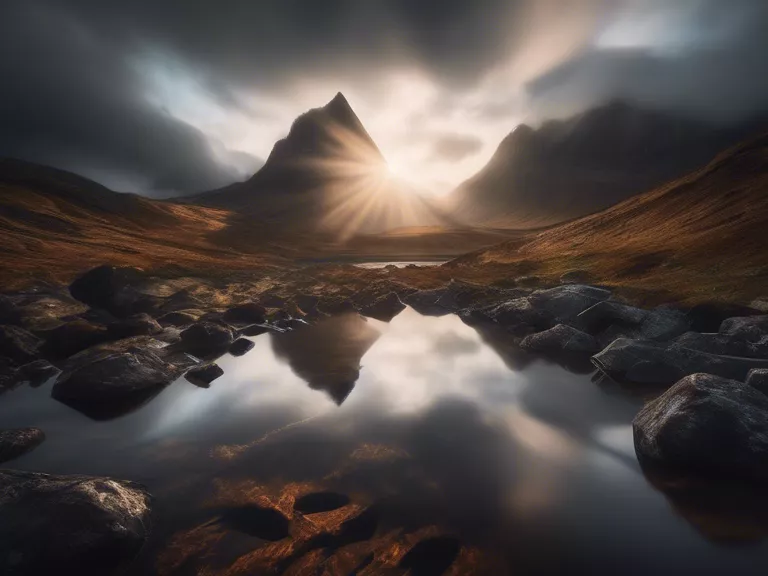
Landscape photography is a popular form of art that captures the beauty of the natural world. One of the key tools that landscape photographers use to enhance their images is lens filters. These filters can help in controlling light, reducing glare, and improving colors in the final photograph. Let's explore the role of different lens filters in enhancing landscape photography.
Polarizing Filters: Polarizing filters are essential for landscape photography as they help in reducing reflections and glare from surfaces like water and glass. They also enhance the colors of the sky and foliage, making them appear more vibrant and saturated. By using a polarizing filter, photographers can capture clear and detailed images with improved contrast.
Neutral Density Filters: Neutral density filters are used to reduce the amount of light entering the camera lens without affecting the colors or contrast of the image. This allows photographers to use longer exposure times even in bright conditions, creating smooth and blurred effects in moving subjects like waterfalls or clouds. Neutral density filters are particularly useful for capturing dynamic landscapes with dramatic lighting.
Graduated Neutral Density Filters: Graduated neutral density filters are designed to balance the exposure between the bright sky and darker foreground in landscape photography. These filters have a gradient of darkness that helps in maintaining detail in both the sky and land. By using a graduated neutral density filter, photographers can capture well-exposed images with a balanced tonal range.
Color Filters: Color filters are used to enhance or alter the colors of a landscape photograph. For example, a warming filter can add a golden hue to a sunrise or sunset scene, while a cooling filter can make a blue sky appear more vibrant. Color filters allow photographers to create mood and atmosphere in their images by manipulating the color temperature.
UV Filters: UV filters are primarily used for protecting the camera lens from dust, moisture, and scratches. While they do not have a significant impact on image quality, UV filters can help in reducing haze and improving the clarity of distant subjects, especially in mountain or coastal landscapes.
In conclusion, different lens filters play a crucial role in enhancing landscape photography by controlling light, reducing glare, and improving colors. By understanding the functions of various filters, photographers can elevate their images and create stunning photographs of the natural world.



